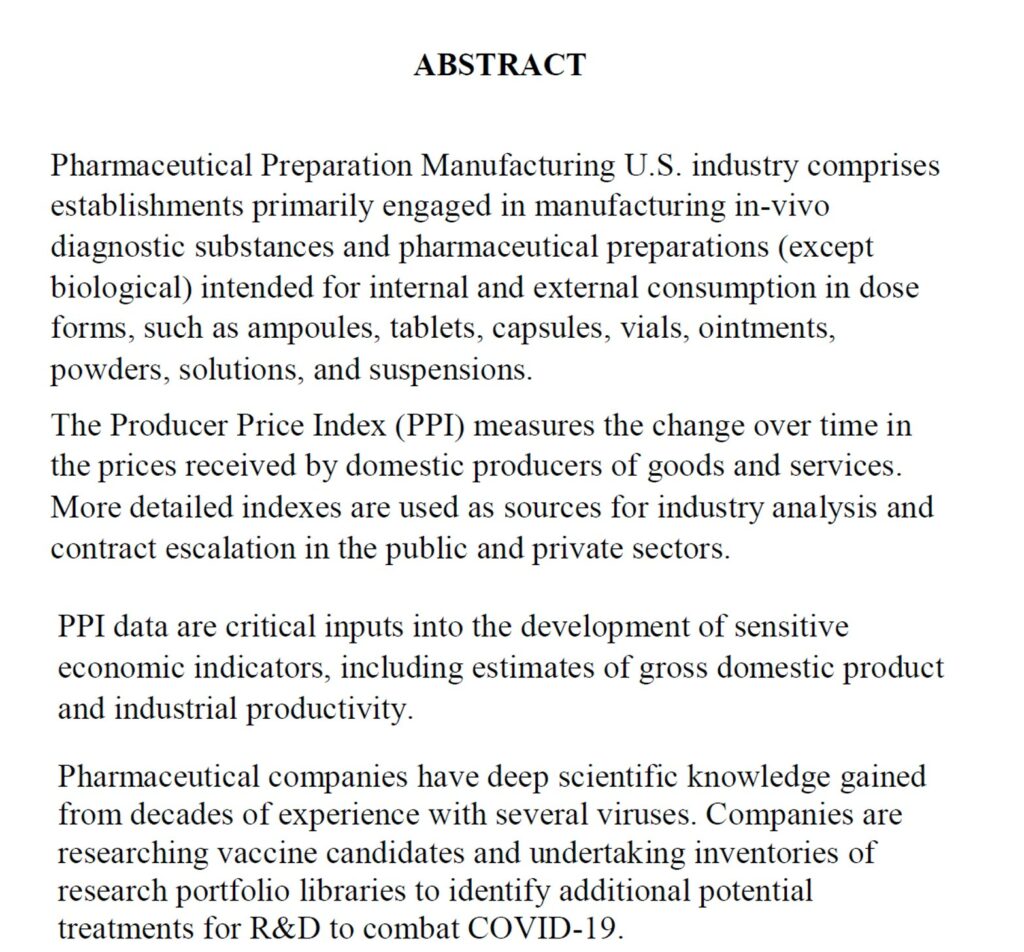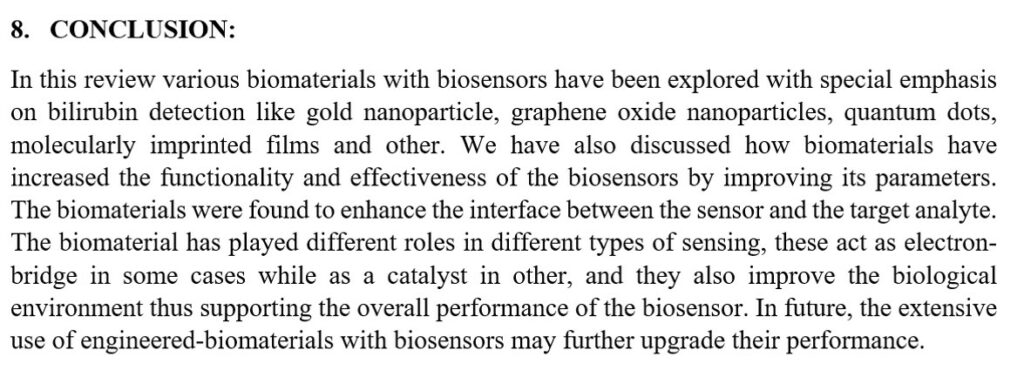
Biomedical Research
Dhevan Kalra
He is a final year Biomedical Engineering undergraduate student from Osmania University, India. He is passionate in biomedical research.
Dhevan possesses the enthusiasm to learn, as well as outstanding motivation and excellent self-reliance and independence. He participates in several extracurricular activities which includes the roles of Vice-Chair, Co-Director and Event Organizer. Prior to this mentorship program, he has published a research paper “Blind Mate: A Friend to The Blind” on “IEEE -Xplore Digital Library”.
Through this program, Dhevan’s final research paper was published on Inventive Material Science and Applications (Springer Publication).
University admissions
Overall structure
- The mentorship program consisted in 8 weekly 1-on-1 online sessions and continuous email communication.
- The program included frontal lectures on bioinstrumentation and biomaterials, brainstorming and writing sessions with the final goal of drafting a review paper on biomaterials-based biosensors for bilirubin detection.
- Each week, Dhevan had homework assignments biomedical research, consisting in searching and reading papers from the primary literature and writing short summaries or drafting new paragraphs of the review. The final session consisted in a mock Masters interview.
Learning objectives for Biomedical Research Project
- The principal goals of Dhevan’s mentorship program consisted in consolidating his knowledge in biomedical research of biosensors, expanding his understanding of biomaterials and enhancing his writing skills by drafting a brief review paper on a topic of interest.
- Learning objectives included:
- define biomaterials
- describe how biomaterials are used for the design of biosensors
- identify a topic of interest in the context of biosensors/biomaterials
- enlist appropriate evidence
- organize paragraphs and provide a critical overview of available data
What challenges did he face?
- The most difficult aspect of the program that Dhevan had to overcome was drafting an academic-level, high quality review paper. In particular, he needed mentoring to critically organize and discuss data, to formulate his point of view and make critical discussion/conclusions over the selected topic rather than just summarizing the existing literature.
How did our program help him?
- He managed to gain some real-life insights into biomedical engineering field
- Coupled with his own achievements and hard work, the mentorship program made him stood out and got accepted to some selective universities.
Student testimonial
“It was a great journey, my mentor has been amazing. She has been really friendly and guided me in various aspects in our conversations. She has guided and instilled profound insights about the research and how to carry it out. I have learnt quite a few things about Biosensors and Biomaterials. She has even given me the picture of how research is carried out in the USA, the prospects of Bioengineering in terms of industry and research and shared few real life experiences. Also, she being a great researcher and having the experiences of facing interviews has guided me how to face an interview even at the face of critical questions and answer in an appropriate and confident manner. All these have been great learning experiences.“
Dhevan Kalra
Matched professor in Biomedical Research
The mentor is an Assistant Professor in Biomedical Engineering at Brown University. She is also secretary of the IEEE Engineering in Medicine and Biology Society – Providence Section, Editorial Board Member of Science Progress (Sage Publishing) and peer review panelist for the American Heart Association Bioengineering-Basic Science (BSc3) group.
“I particularly liked the open and honest mentor-mentee relationship developed during the mentoring sessions, his curiosity and desire to learn and to become expert in biomedical engineering.“
Assistant Professor from Brown University
Mentor evaluation of student’s performance
What was the most difficult aspect of the program the student had to overcome?
The most difficult aspect of the program that Dhevan had to overcome was drafting an academic-level, high quality review paper. In particular, he needed mentoring to critically organize and discuss data, to formulate his point of view and make critical discussion/conclusions over the selected topic rather than just summarizing the existing literature.
What improvements can be made?
Dhevan could complete his review paper working on the articles we have selected during the mentoring sessions. The mentor mentioned he remains available to review his final draft. Dheven always sets the bar very high for his projects. He can improve his time management by organizing his work in sub-tasks or smaller aims, to efficiently leverage his effort and commitment for reaching his ambitious goals.
Excerpts from student’s final research paper
Through the mentorship program, Dhevan completed a final research paper on “Biomaterials Based Biosensor for Bilirubin Detection”.




